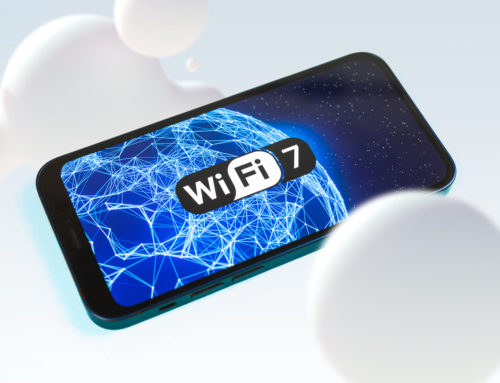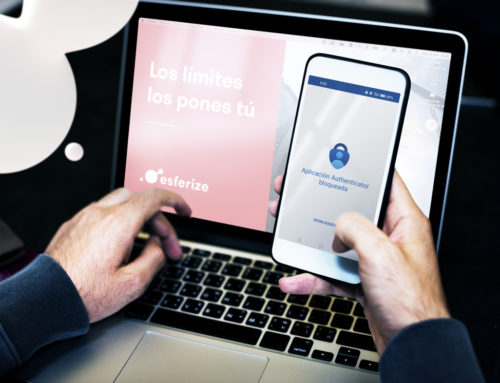Summer holidays are coming and you will probably leave your computer at home when you go out of town, but you don’t want to stop using your smartphone or tablet. You might just use them to take photos and share them with friends via Instagram, Facebook or Twitter; or use them to browse and search for plans at your destination, or to entertain the little ones with videos and games. Whatever it takes, you’ll probably connect to a public Wi-Fi at some point so you don’t run out of data charges.
Remember that free public Wi-Fi networks in hotels, shops, cafés and other commercial establishments are the favourite of those who don’t have such good intentions —we’re talking about hackers!
Free Wi-Fi connections have their risks, but by taking precautions and choosing the most secure public networks it is possible to prevent hackers from stealing our data.
Esferize’s recommendations to set up a public Wi-Fi network in your premises so that your customers can connect with peace of mind:
- Double authentication: To ensure that the traffic is encrypted, it is advisable to carry out a double authentication. On the one hand, WPA2 password and, on the other, captive portal.
- Bandwidth per user: Limit the bandwidth per user group to limit the possible security hole.
- Isolate customers from each other: Professional Wi-Fi systems prevent users on the same network from seeing each other.
- Black lists: Prevent users from accessing inappropriate pages. They may also be prevented from using certain applications or services.
- Limit users’ connection time.
- Blocking user traffic: In a reactive way we can block users who are generating excessive or malicious traffic on the network.
With Esferize’s public Wi-Fi networks and our captive portal Magallanes you can control all these factors to make your public network safe for your customers.
Three basic tips to connect as a customer to a public Wi-Fi and enjoy a peaceful holiday:
- Do not connect to public Wi-Fi SSIDs if multiple variations are available. When in doubt, ask the hotel or local reception to confirm the name of their Wi-Fi network and, if they have an encrypted Wi-Fi network, ask for the password.
- Choose to connect to 4G instead of Wi-Fi for confidential procedures such as quick check of work email, or to perform a transaction and access your bank account. Disable your Wi-Fi connection and once the confidential task is completed, don’t hesitate to reconnect to it.
- Disable the “auto connect” feature in your device settings and delete the names of any saved Wi-Fi networks from each of your devices. This will ensure that your phone does not connect without your knowledge to a Wi-Fi you have previously visited.
You decide how much you want to disconnect or not on holiday… but do it safely!




